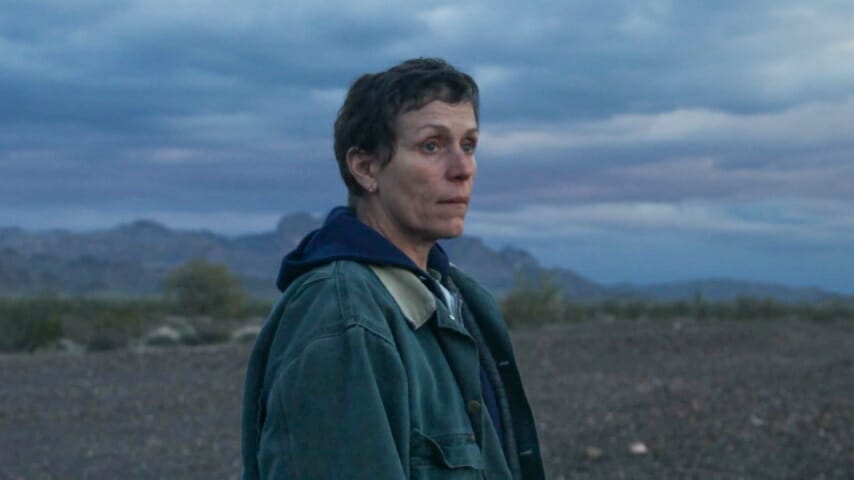Nomadland Is a Melancholy Story of Resilience and the American Work Ethic that Seeks Little Accountability
NYFF58 Review

Thinking about the future keeps getting scarier. Even discounting the rise of fascism, imminent climate disaster and pervasive racial injustice, Americans are suffering to retain their humanity in the face of immense and long enduring economic precarity. While there remains a popular narrative of millennials and gen-z youth bearing the brunt of these distressing circumstances, boomers did not evade crisis as a monolith. Particularly following the 2008 housing crash and Great Recession, during which countless adults lost nest eggs, retirement savings and their own homes, the prospect of retirement has since become a frank impossibility for a large swath of the country.
-

-

-

-

-

-

-

-

-

-

-

-

-

-

-

-

-

-

-

-

-

-

-

-

-

-

-

-

-

-

-

-

-

-

-

-

-

-

-

-








































